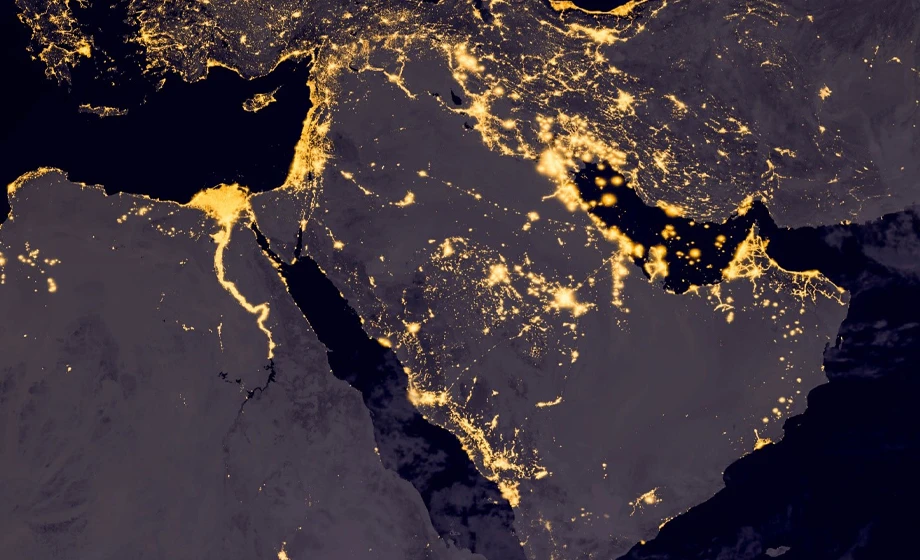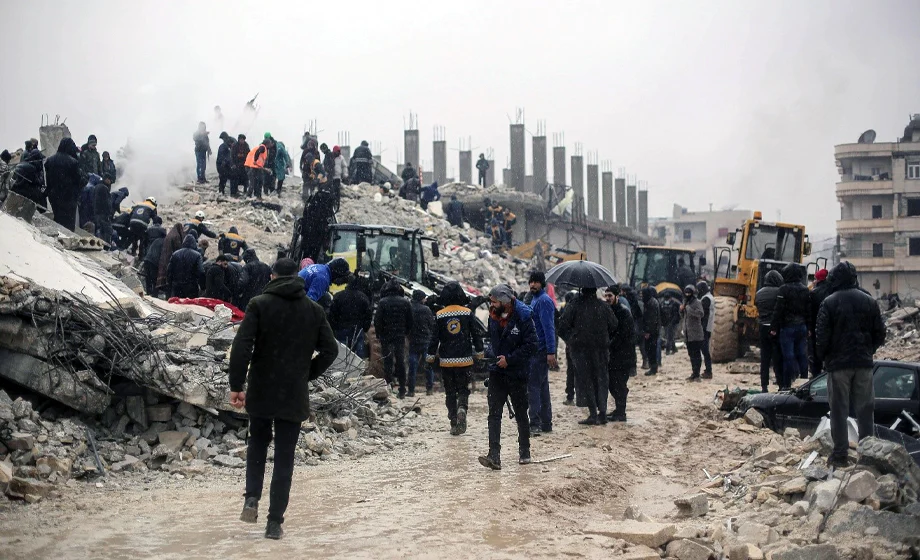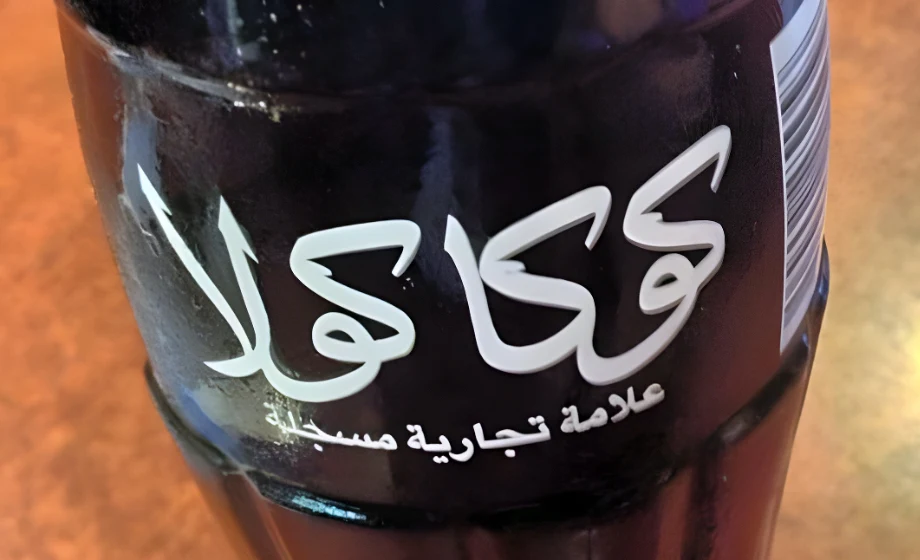The translation is not just words on paper: it’s about reaching people in the real world.
But this gives rise to an additional challenge: when translating between two cultural realms that differ not only in language but also in political and religious experiences, you don’t translate between texts; you translate between cultures as well.
This is why Industry Arabic works closely with our clients to craft translations that convey their message to their intended audience. Sometimes this involves adopting terminology that respects cultural sensitivities; in other cases, this can mean choosing a current buzzword that facilitates participation in local debates; or using neutral vocabulary that avoids taking sides in contested issues.
In many cases, there is not a single “correct” translation, but rather several options of varying levels of appropriateness depending on the purpose of the document and its intended readers. In these situations, we use our linguistic expertise and deep knowledge of the Middle East to help clients select words most likely to achieve their end goals.
Below are a few real-life examples of terms that we’ve dealt with, where a range of options exist for how to translate them into Arabic. Each option gives a different connotation and some options could be misunderstood or even give offense depending on the reader.
The explanations that follow try to show what considerations go into an effective translation and exactly what the stakes are when translating between cultures.
Islamic Fundamentalism: The expression “Islamic fundamentalism” is an attempt to map a term from a discussion of intra-Christian differences onto an Islamic context. Although the literal translation of this expression has entered into Arabic is الأصولية الإسلامية al-usuliyya al-islamiyya, it is not as common as the alternatives التطرف الإسلامي al-tatarruf al-islami or التشدد الإسلامي al-tashaddud al-islami, which translate as “Islamic radicalism” and “Islamic extremism.” Furthermore, the idea of “fundamentals” in Islam (usul) is seen as broadly positive, as opposed to the negative connotation that “fundamentalism” has acquired in a Christian context.
Secular: The standard translation for “secular” in Arabic is علماني ilmani, but the concept of secularism is more controversial in the Middle East than elsewhere in the world, and so “ilmani” has a more negative connotation than “secular” would in English. More than just separation of church and state, it can connote as well “godlessness” and “immorality.” For this reason, some secularist activists (particularly in Egypt) have begun to use the term مدني madani, which literally means “civil” as in “civil society.” Madani can also mean “civilian” in contrast to military, and so usage of the word can involve some ambiguity. For example, calling for a dawla madaniyya (a “civil state”) could be understood to mean advocacy for a secular state, a state governed by civilians and not military figures, or both. Our recommended translation depends on the intended audience: ilmani is better for discussing secularism from a theoretical standpoint, whereas “madani” would be more appropriate for participating in domestic debates in Middle Eastern countries.
Prisoner: The most neutral translation used for this term is سجين sajin, which refers to any person detained in a prison. The term معتقل mu’taqal is more indicative of a person imprisoned for political reasons while the term أسير assir is mostly used to refer to prisoners of war or prisoners in conflict zones, such as Palestinians in Israeli prisons. It should be noted that the last option may indicate a certain political view.
Failed State: The most commonly used translation for this term is دولة فاشلة dawla fashila and it is a literal translation. However, the word فاشلة fashila is used in colloquial contexts in Arabic as a term of reproach and so could sound like “loser state” to the Arabic reader. Another possible translation is دولة تعاني من الفشل dawla tu’ani min al-fashal — literally “a state suffering from failure” — which conveys the meaning without any other associations.
Rebels/ Revolutionaries: There is no neutral translation for this word. It could be translated either as ثوار thuwwar, literally “revolutionaries,” and it would imply a positive point of view toward them, or as متمردين mutamarrideen, meaning “rebels / insurgents” and it would imply a negative view. The term used in the translation should take into consideration the author’s point of view, the position he is taking, the context in which the word is used, and the intended readership.
For example, in Syria, the groups that are part of the Syrian National Coalition are frequently referred to as the “rebels” in Western media, but if such an article is translated into Arabic and conveys a broadly sympathetic view toward them, in Arabic it would be better to use the term that literally corresponds to “revolutionaries,” thuwwar, to convey this perspective. By contrast, pro-Assad media would refer to these groups by the Arabic term for “rebels,” mutamarrideen.
Militant: Variously translations for this term are in current use:
متشدد mutashaddid, literally “extremist”: In certain contexts, this term might work as a translation of “militant,” for example when “militant” is being used to describe someone holding a strong position about something, e.g. a “militant feminist.” However, mutashaddid does not necessarily connote the use of violence or military activity, so referring to “Islamic militants” for example, might not convey an accurate description.
مسلح musallah, literally “armed person.” This term refers to any person bearing arms, not necessarily in a military context and not necessarily as part of a larger cause.
عضو في ميليشيا udduw fi militia, literally “member of a militia.” This expression refers to militias members, but depending on the context, “militants” may or not be members of a militia.
مقاتل muqatil, literally “combatant / fighter.” This translation refers to any combatant in a military context, so it tends to be the most accurate when discussing “militants” in a Middle Eastern context.
Persian Gulf: Arabic displays a strong preference for the term الخليج العربي al-khalij al-arabi (Arab Gulf / Arabian Gulf). The literal translation: الخليج الفارسي al-khalij al-farsi (Persian Gulf) gives the impression of favoring Iran over Arab states. In some cases (e.g. for brevity if the term is used repeatedly) it is acceptable to use الخليج al-khalij (the Gulf) as a shorthand once one has already established bona fides by using the term “Arabian Gulf” earlier in the text.
Islamist: This term is difficult because the Arabic word إسلامي islami is used for the English words “Islamic” (relating to Islam in general) and “Islamist” (the political ideology of Islam as the basis for government). When translating into English, it’s necessary to pay close attention to the context to determine whether the author means Islamic or Islamist. When translating into Arabic, it may be necessary to add a descriptor to clarify the author’s intention, for example أحزاب إسلامية ahzab islamiyya (Islamist parties). Some have coined the term إسلاموي islamawi as a direct equivalent to “Islamist” in English, however this has not found widespread usage outside limited academic circles, so we do not recommend using it for a general audience.
Good Governance: Two Arabic alternatives are common for the base term “governance”: حكم hukm means ruling or governing, while حوكمة hawkama is a recent coinage meant to correspond to the English “governance,” i.e. a wider term that encompasses the processes and structures of governing a modern state. For “good,” the most common alternatives are جيد jayyid (good) and رشيد rashid (wise). The latter is slightly more elegant in Arabic and has a historical resonance with many readers as it describes the first four Rightly Guided Caliphs in Islam. Combining these yields our preferred translation of الحوكمة الرشيدة al-hawkama al-rashida (wise governance).
Disagree with any of these? Have ideas for more terms that should be included on this list? Let us know on Twitter!


